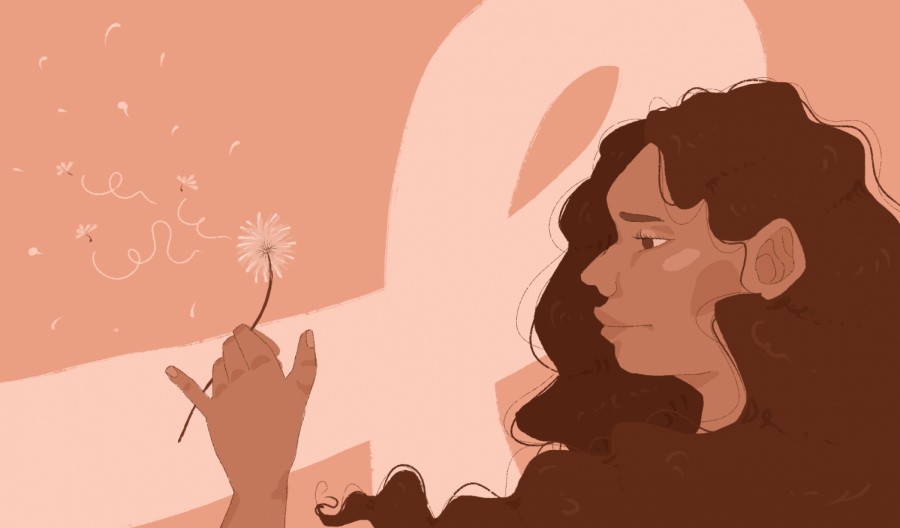UT health program identifies needs, improves communication with young breast cancer patients
December 18, 2021
Editor’s Note: This article first appeared in the November 2 flipbook.
UT researchers are working to create an intervention program for young adults with breast cancer to address unmet needs and issues.
Principal investigator Kate Pounders said patients struggle with issues including mental health, body image and financial and educational difficulties. She said the team will interview patients to understand their experiences by the end of November and are trying to receive more funding to create a resource that best provides patients’ information after the project ends in May.
“So if you think about getting cancer in your 20s or 30s, you’re in a time where you might just be getting married, having a family, launching a career (or) family planning … there’s all of these needs around identity that are kind of unique to this population and they just weren’t being met,” said Pounders, an advertising and public relations associate professor.
Pounders said the team will work with patients from Central Texas through focus groups where they will ask what issues patients are facing, whether their needs are met and where they would like to see these questions and issues addressed.
The Communication, Health, Empathy and Resilience grant program provided researchers with a $12,500 grant to communicate with and support young breast cancer patients in January, said Elizabeth Kvale, co-investigator of the project. However, the team is planning to look for more funding to expand the project across Texas and eventually nationwide.
“When you think about how your life is going to unfold before you when you’re anywhere between 16 and 35, you’re not thinking that a horrible disease is going to drop into your life because it shouldn’t,” said Kvale, an internal medicine associate professor. “There’s this very serious thing that happens that is out of phase with where you are in your life and that creates significant disruption.”
Rebecca Muñoz, a project collaborator and breast cancer survivor, said she was first diagnosed with breast cancer in 2017, and it was a very overwhelming and isolating experience.
“It was really traumatic because I had a lot of mixed emotions,” Muñoz said. “When you find out something like that, you have a lot of questions and not necessarily ones that you have answers to right away. I felt like I was watching my life from the sidelines.”
Muñoz said this project is important for her and she hopes her contributions will help people going through similar experiences.
“I had such an incredibly challenging time when I was going through this, not just because of the disease itself, but there were so many barriers and just things I had to navigate that I didn’t think were necessarily fair,” Muñoz said. “If I know that I can help one other person not have to go through those challenges, it’s just really meaningful to me.”
Kvale said the intervention resource could also help clinicians and those close with the patients understand what they are going through and make it easier to have conversations about the effects of breast cancer.
“One of the challenges that younger cancer survivors encounter is that people don’t really understand what they’ve been through,” Kvale said. “People won’t bring (up) problems to their doctors unless they realize that they can get help for them.”



